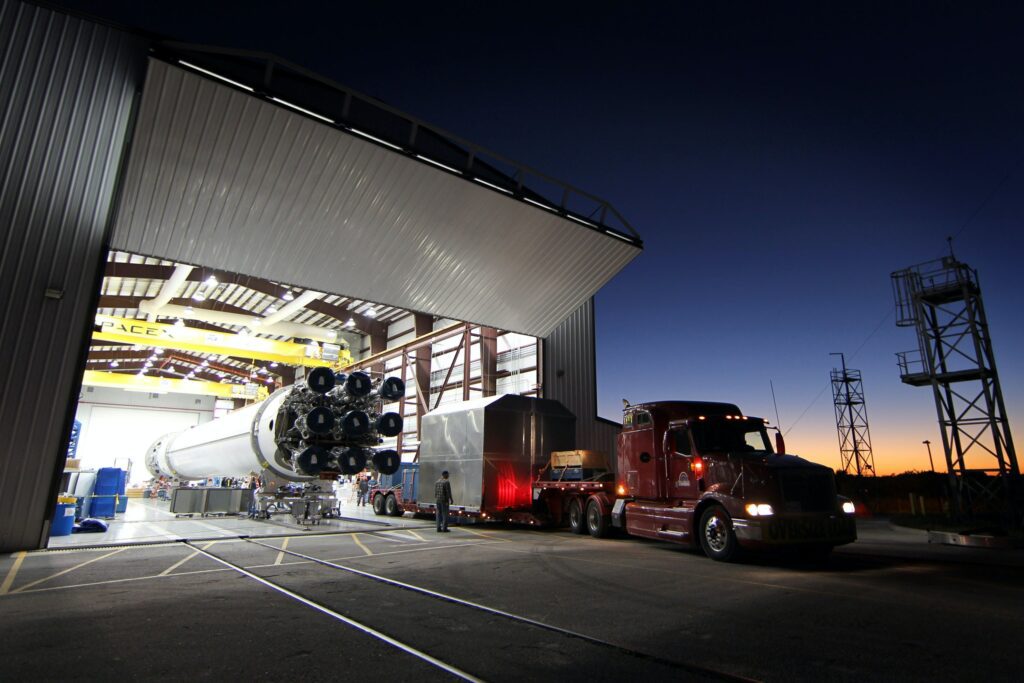|
Getting your Trinity Audio player ready...
|

Ground operations are still a labor-intensive area. Automation, specifically beneath the wings, can provide huge benefits.
In a discussion panel about the subject at IGHC, Harvey Tate, Director of Hanger 51 Tech Innovation, IAG agreed that total automation, also known as a “dark-out” because it becomes feasible to shut off the lights, isn’t likely. A few advances, including smart stands, can be found today. Smart includes aspects such as pushback, data gathering, analytics, and security.
Concerning safety, for instance, cameras placed on gantries could detect tiny obstacles near 80 meters and trigger an alert within the system. While it is a small technology investment will help in reducing the number of unnecessary delays.
Automating airports below the wing can bring many advantages, according to Gavin Jackson, Aerodrome Project & Improvement Lead, Gatwick Airport, focusing on improved endurance, improved performance, and a boost in reputation.
But he did highlight the fact that problems are present. Responsibility and roles should be defined clearly to address issues like the liability of each party, while performance indicators should be defined and tracked. Every investment should be secure for the future. “We don’t want to invest millions only to have the systems quickly superseded,” He declared.
The panel also addressed the significance of non-technical tasks. Data exchange and collaboration aren’t solely technical problems and rely upon creating an ecosystem built on trust among companies. Accessing the data can be more complicated than the exchange itself.
However, the standards for the fields of data exchange have to keep up with technological advancements. It is a lot easier said than accomplished since changing standards require most, if not all, of the partners to be able to conform to those specifications. While standardisation may reduce the time it takes to run operations, it may slow the pace of implementing the latest technologies.
Naturally, in debates on technology, AI, artificial intelligence (AI), and machine learning have been the main issues. These ideas will be crucial in improving ground resources through improved accuracy and predictability. AI will be able to predict the duration of delays, their severity and identify the specific problems at gates and the time of day.
The panel ended with important observations about automation beneath the wing as well as technology implementation generally: the final customers’ needs must be at the forefront, all participants must benefit from the technology as well as an investment should be made at the industry scale due to current and future challenges for the workforce. One positive aspect is the increasing desire to embrace technological transformation.
Most importantly, companies must be prepared to think about new ideas and avoid being left behind in a rapidly growing area. Tate stated that companies must always be prepared to test innovative technologies, gain knowledge, and advance their concepts.
Source:- https://airlines.iata.org/news/speculation-is-vital-to-technology-development



